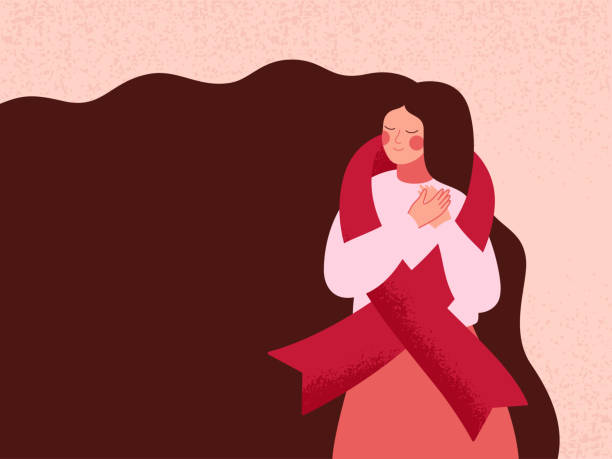END INEQUALITIES; END AIDS. Is zero stigmatization achievable?.
By Abanobi Nkachukwu

Human immunodeficiency virus/acquired immunodeficiency syndrome (HIV/AIDS) continues to affect millions of people globally (Kalan et al., 2019), and more than half of people living with HIV report experiencing stigma (Lowther et al., 2014).
This is an issue because it creates barriers to accessing necessary social and structural support like health care, education, employment, and affordable housing; exacerbating the marginalization of People Living With HIV/AIDS (PLWHIV) (Edwards & Jackson-Best, 2018).
These barriers in turn lead to social and psychological problems like depression and anxiety. Studies indicate that people living with HIV experience these problems more than the general population (Lowther et al., 2014).
We advocate for zero-stigma for everybody, more-so for people living with HIV because, widespread HIV-related stigma leads to serious public health repercussions for the individual and general population, some of which include;
- Avoiding HIV testing and disclosing test results to their partners;
- Poor adherence to medication;
- Increased risk of drug resistance;
- Increased incidence and transmission;
- Poor utilization of healthcare services and
- Reduced quality of life (Kalan, 2019).
Zero stigmatization starts from immediate family and friends, how do you or will you treat a friend or family member who has been diagnosed with HIV?
Emotional and social support plays an important role in the lives of people suffering from long-term diseases, and studies have shown that family support is a coping mechanism needed by PLWHIV (Kontomanolis et al., 2017).